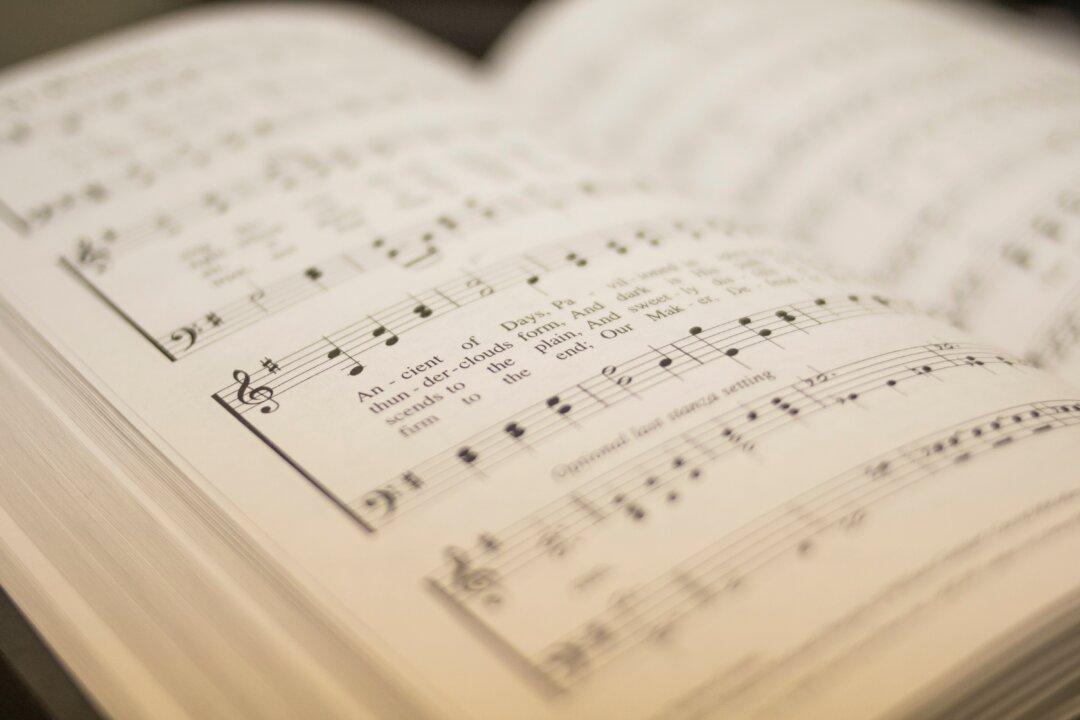Just over 500 years ago, Martin Luther triggered what would become the Protestant Reformation with a document protesting corruption in the Catholic Church. At its heart, his Reformation was a movement about the nature of sin and the means of salvation, about the power of the church versus the authority of scripture. But it also helped to shape modern religion in other, more unexpected ways: One of these was through the birth of congregational song.
By the 15th century, music had become one of the most prominent features of religious worship. Most parish churches had at least one organ and a small semi-professional choir; these modest resources were dwarfed by the great cathedrals and monasteries. The singing of complex polyphonic music, where the voices of singers weaved elaborately together, had become an important means of praising and serving God.

